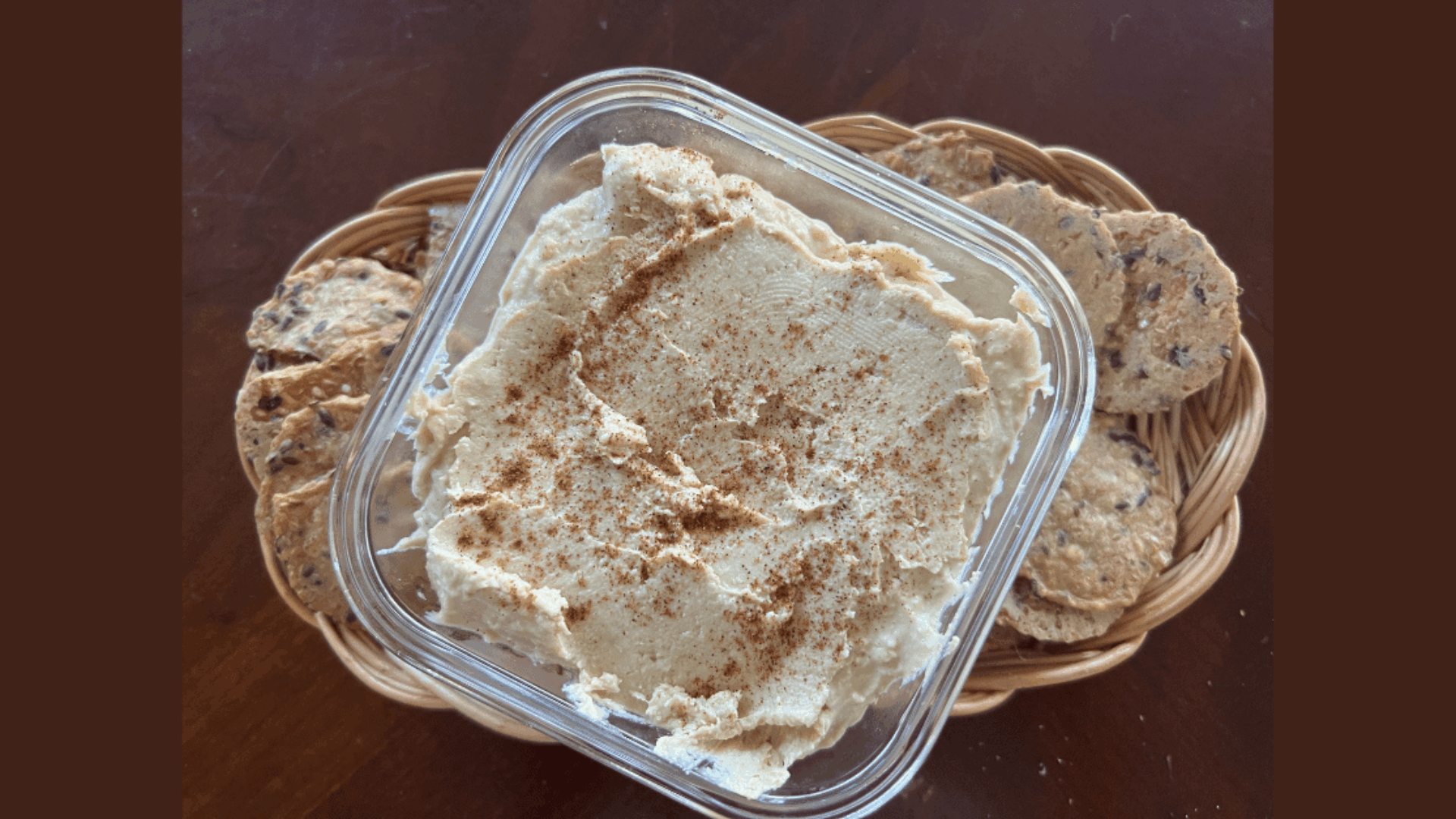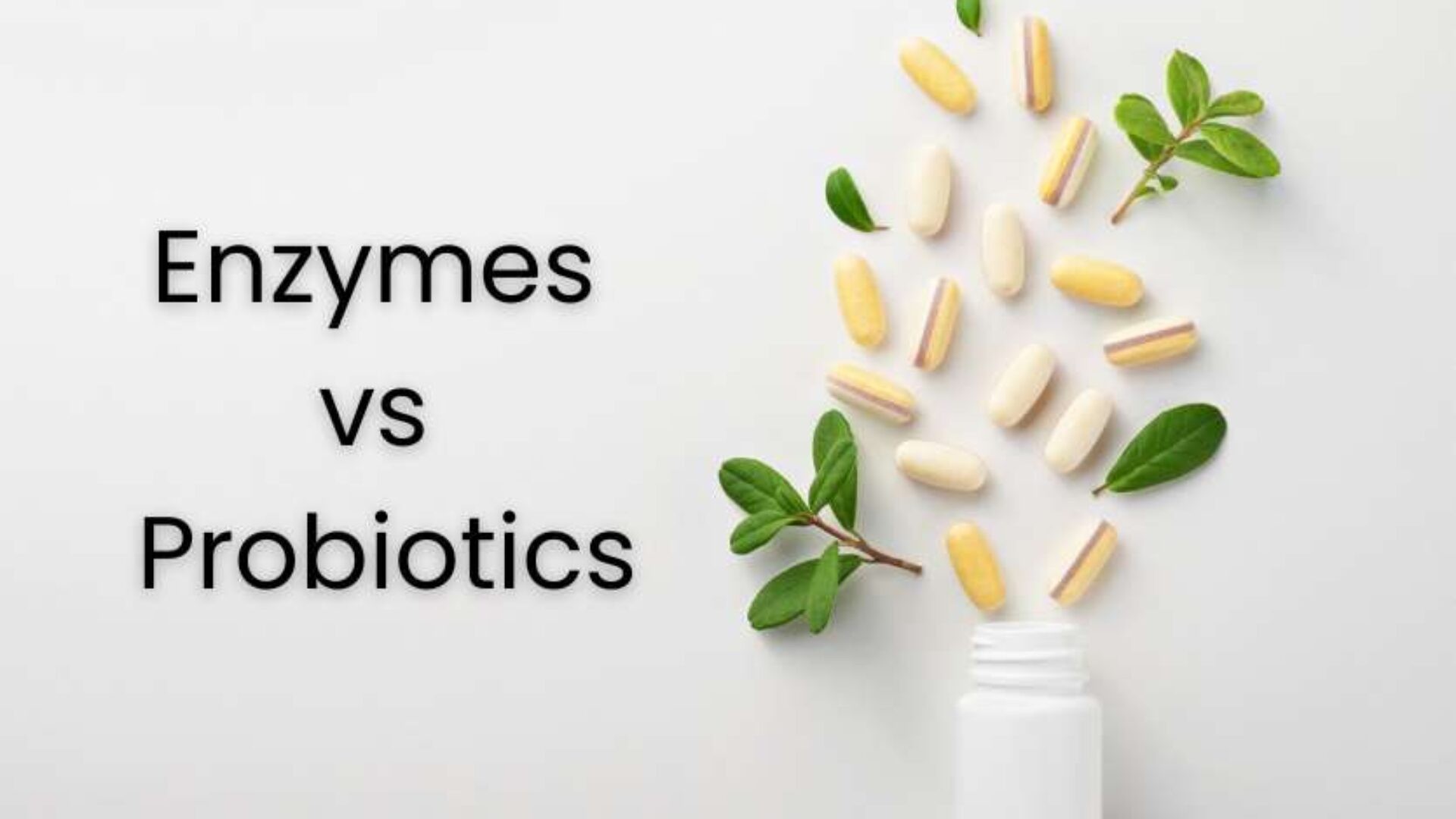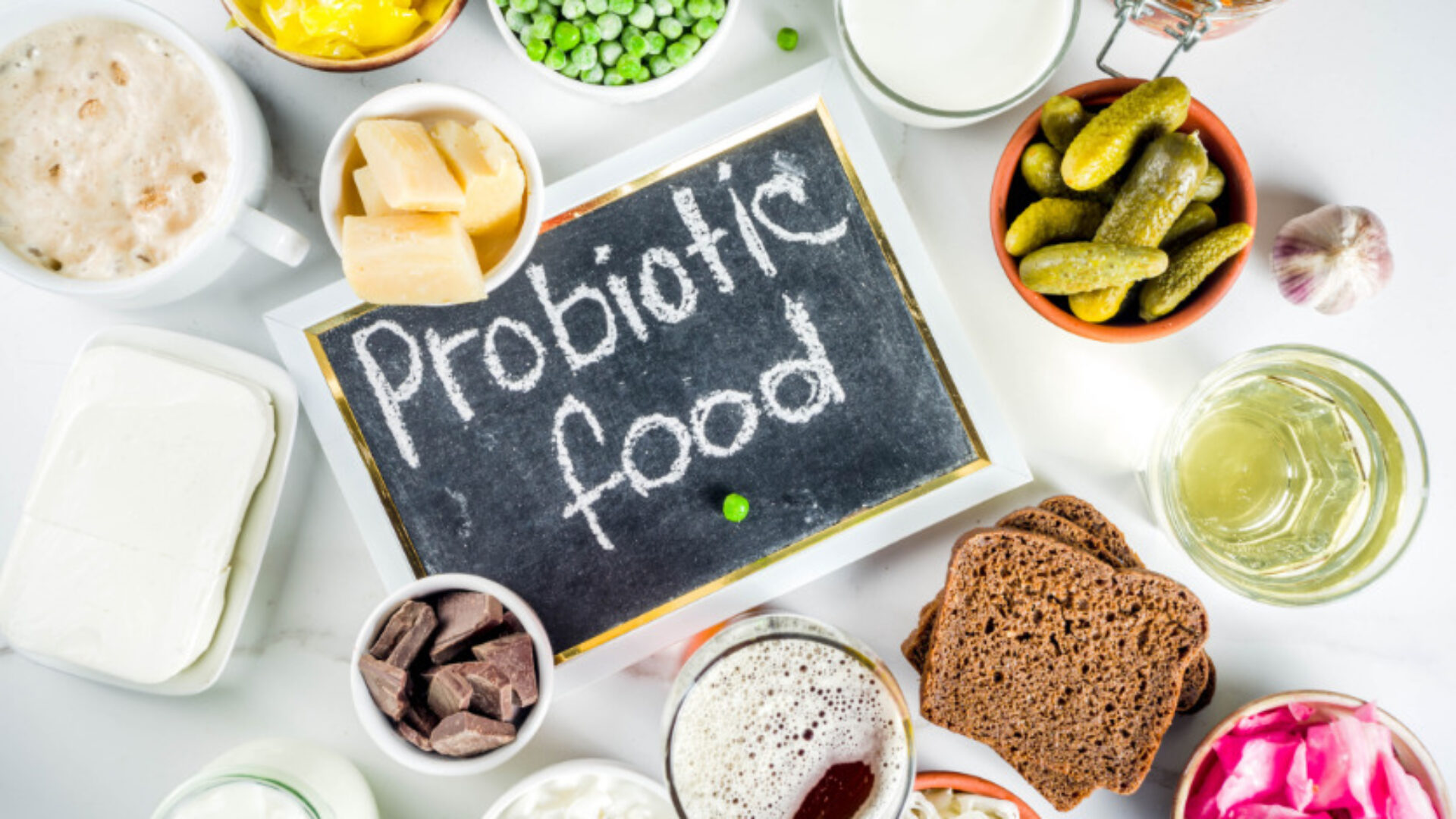What are the Key Components of Gut Health – Listen to Your Body
What Are the Key Components of Gut Health? Your body is always communicating—your gut leaves clues if you know how to listen. The gut is the cornerstone of overall wellness. Digestive discomfort is often the root issue—or a secondary result—of other imbalances in the body. When the gut is compromised, everything from energy and immunity to hormones and mood can suffer. Signs Your Gut Is Out of Balance Your gut may be out of balance if you experience: Gas or bloating Belching or reflux Stomach pain or soreness Constipation or diarrhea These are the most common signs, but they are not the only ones. Digestive issues are becoming…






